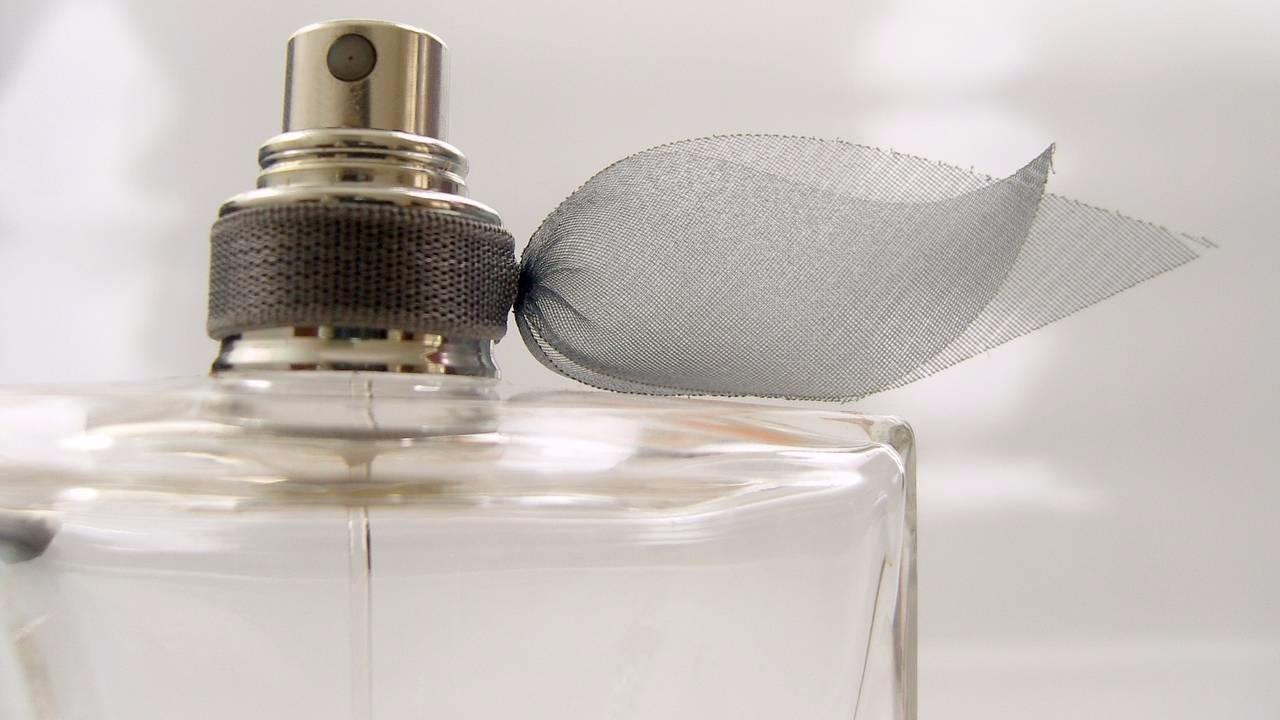
Fragrances Don’t Smell as Good When You Know What’s in Them
Mar 25, 2018by Angela Cummings and Sophia Ruan Gushée
Floral and fruity scents make our homes smell good, but if you knew what they were made of, you might reconsider.
Synthetic fragrances or scents are made from chemical concoctions that are created in a laboratory. One scent in one product can contain any number of chemicals—sometimes 100 or more for that one scent.
We would never know, though. Manufacturers are not required to list individual chemicals on labels due to “trade secret” laws. They can simply list “fragrance” to represent any number of chemicals added to a product.
Why do fragrance ingredients matter?
The fragrance industry has over 3,000 common chemical ingredients that are used. (1) Companies dedicate time, money and staff resources to researching and developing new scents continually. A lot of scientific thought goes into developing synthetic fragrances that will sell best—whether its selling perfumes, cookies, coffee, and more.
Even scents that you’d think are natural—like lavender or lemon—could be made from toxic ingredients.
Most synthetic fragrances are made from petrochemicals, which are typically derived from oil or natural gas. (2) These chemicals include phthalates, benzene, propylene glycol and others that may contribute to endocrine disruption, neurotoxins, reproductive damage, respiratory distress, and carcinogens. (3)
Home products that contain synthetic fragrances
Synthetic fragrances appear in our homes as perfumes and colognes, body sprays, air fresheners, laundry detergent, fabric softeners, candles, dish soap, personal care products, deodorants, lotions, hair styling products, baby lotions, and other products. Fragrances are even found in garbage bags and toy dolls. (4)
Synthetic fragrances also participate in retail stores and restaurant bathrooms. Fragrance sprayers are programmed to spray a mist of scented chemicals in certain departments, the same way they are programmed to freshen restaurant bathrooms. This can include scents of freshly brewed coffee or homemade cookies.
Since fragrances are designed to be long-lasting, it can be difficult for us to wash away scents from clothing, and other products.
6 tips to avoid synthetic fragrance
The good news is that we can easily avoid fragrances by following the tips below and choosing products with no scent, or made from 100% natural ingredients.
- Opt for products labeled “fragrance-free” or “free and clear.” While these products aren’t guaranteed to have zero fragrance (manufacturers sometimes cover up the fragrance with other chemicals instead of avoiding the fragrance altogether), they are less likely to have fragrances.
- Choose fragrances that are made from natural products—those found in nature—if you prefer to have scented products
- Look for the USDA Organic or other organic labels on products—like essential oils—to indicate that the product is not made with synthetic chemicals
- Avoid products that say “fragrance” on the label
- Shop at clothing stores that don’t have air fresheners throughout their stores
- Shop at health-conscious stores that are less likely to use and carry products with synthetic fragrances
In summary
Synthetic fragrances or scents are made from chemical concoctions that contain any number of chemicals, sometimes more than 100, to make one scent. These scents are commonly found in our personal care products, cleaners, air fresheners, garbage bags and other household items. Some retail stores and restaurants have installed air fresheners that are programmed to spray a fine mist of synthetic fragrance into the air and onto the products in their stores, which can be difficult to clean off.
Chemicals in synthetic fragrances may contribute to a range of health conditions affecting our major organs.
Avoid synthetic fragrances by opting for products labeled “fragrance-free” or “free and clear”, avoiding products that say “fragrance” on the label, purchasing products that are organic, and shopping at health-conscious stores that are less likely to use, or carry, products with synthetic fragrances.
References
(1) EWG - Fragrances



